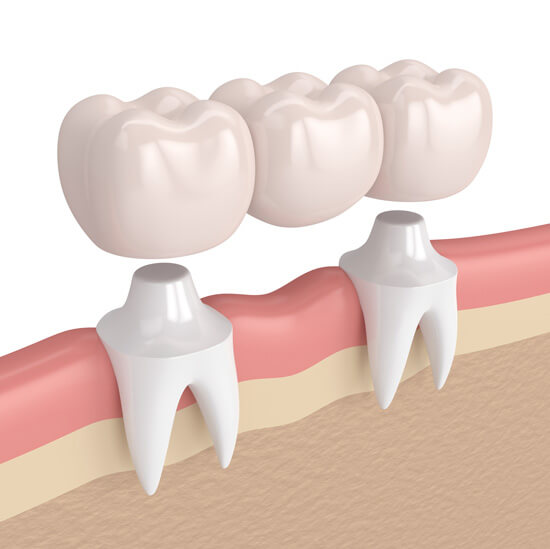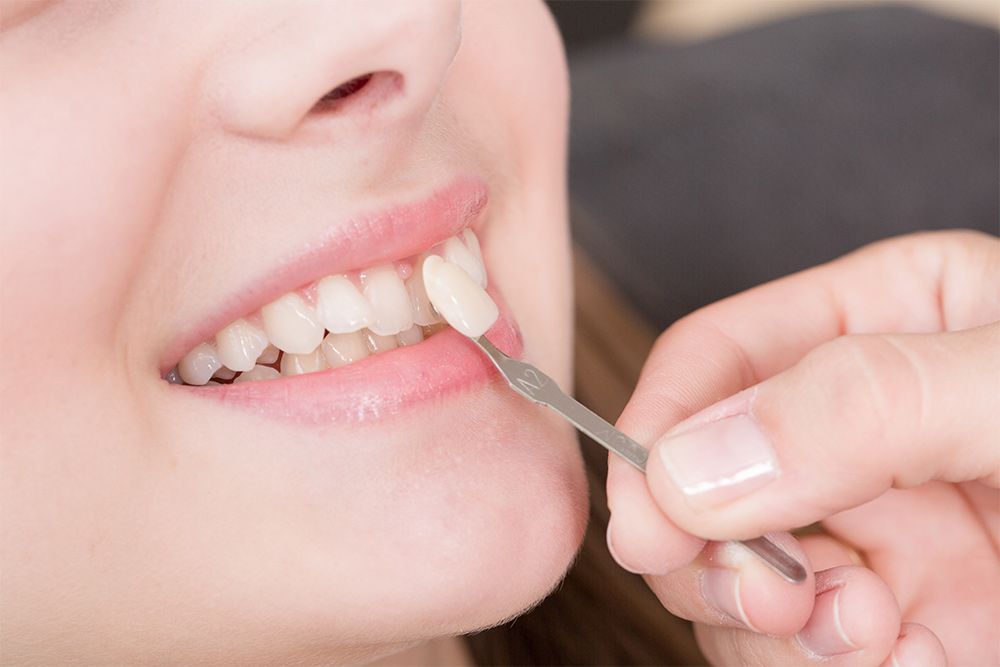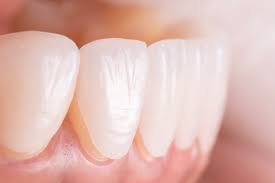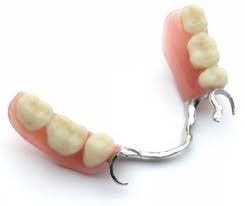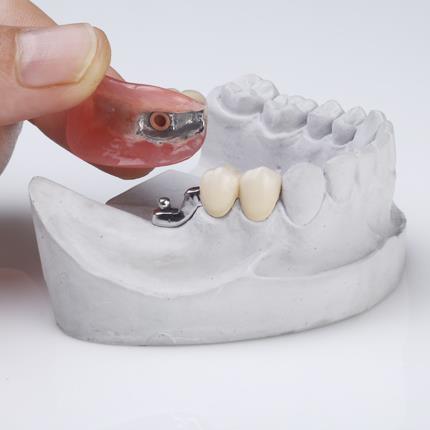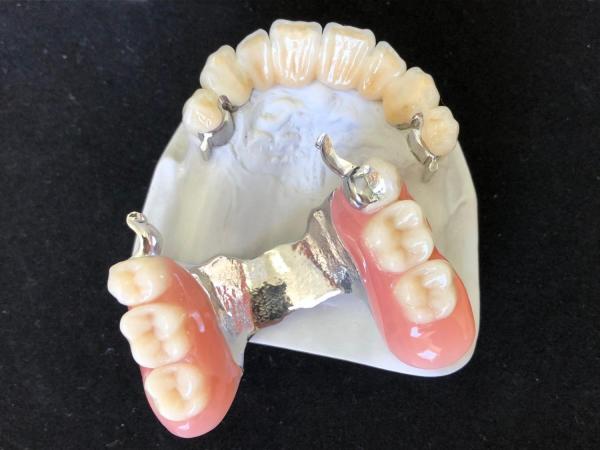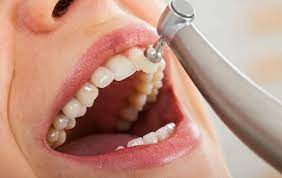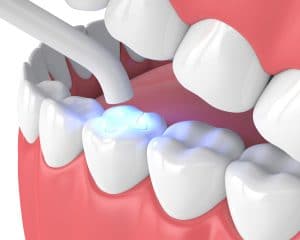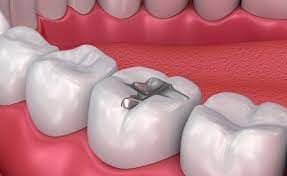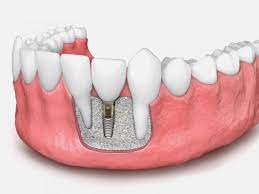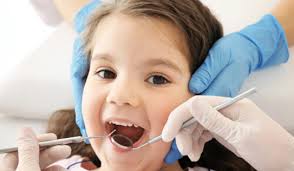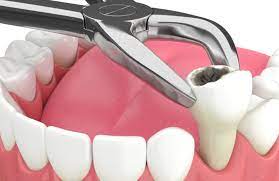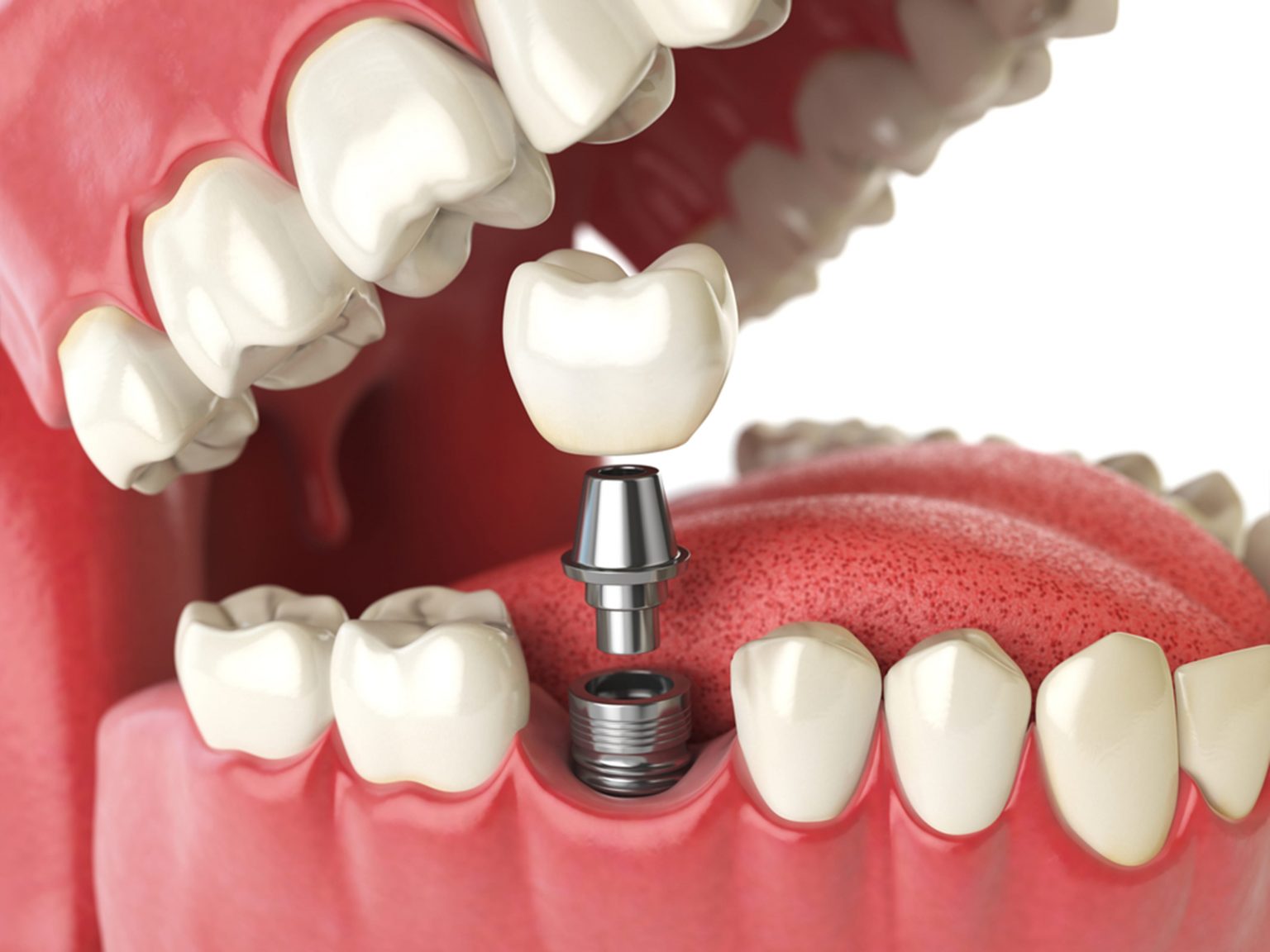
Full Mouth Implant Rehabilitation With Implant
Home-> services-> full-mouth-implant-rehabilitation-with-implant

Full Mouth Implant Rehabilitation With Implant
Full mouth implant rehabilitation, also known as full mouth dental implant reconstruction, is a comprehensive dental treatment that involves replacing all or most of the teeth in both the upper and lower jaws with dental implants. This procedure is typically recommended for individuals who have significant tooth loss or severe dental problems affecting their ability to speak, eat, and smile comfortably.
Here are some important aspects to know about full mouth implant rehabilitation:
-
Dental Implants: Dental implants are titanium posts that are surgically placed into the jawbone to serve as artificial tooth roots. They provide a stable foundation for attaching dental restorations such as crowns, bridges, or dentures.
-
Treatment Planning: Full mouth implant rehabilitation requires a detailed treatment plan customized to each individual's unique needs. This plan is developed through a comprehensive evaluation, which may include dental imaging, X-rays, and impressions of the teeth and jaws.
-
Jawbone Evaluation: Sufficient jawbone volume and density are crucial for successful implant placement. If the jawbone is insufficient, additional procedures like bone grafting or sinus lift may be required to enhance bone support for the implants.
-
Implant Placement: Dental implants are surgically placed into the jawbone under local anesthesia or sedation. The number and location of implants depend on the individual case. In some situations, immediate implants can be placed during the same appointment as tooth extractions.
-
Healing and Osseointegration: After implant placement, a healing period is necessary to allow the implants to fuse with the jawbone through a process called osseointegration. This typically takes several months, during which temporary restorations may be used.
-
Restoration Placement: Once osseointegration is complete, abutments (connector pieces) are attached to the implants. These abutments serve as the anchor for attaching the final dental restorations. Customized crowns, bridges, or full-arch dentures are then fabricated and attached to the abutments, providing a functional and natural-looking smile.
-
Follow-Up Care: Regular follow-up visits with the dentist are essential to monitor the health of the implants, ensure proper function, and address any concerns or adjustments needed.
Full mouth implant rehabilitation offers several benefits, including:
- Improved aesthetics: Dental implants and the attached restorations provide a natural-looking smile that can enhance facial appearance and self-confidence.
- Restored function: With implant-supported restorations, individuals can regain the ability to speak, eat, and chew comfortably, similar to natural teeth.
- Long-term durability: Dental implants are designed to be long-lasting, with proper care and maintenance.
- Preservation of facial structure: Implants stimulate the jawbone, helping to prevent bone loss and maintaining the integrity of the facial structure.
It's important to consult with a qualified implant dentist or prosthodontist who specializes in full mouth implant rehabilitation. They will assess your oral health, discuss your specific concerns and goals, and develop a personalized treatment plan to restore your smile and improve your oral function.

